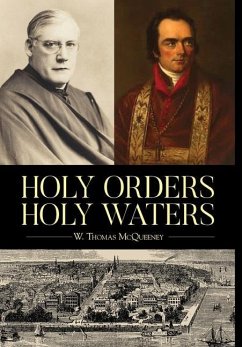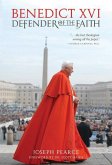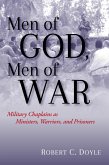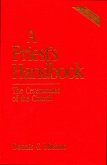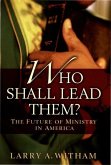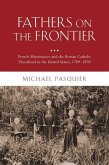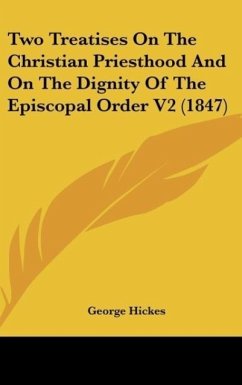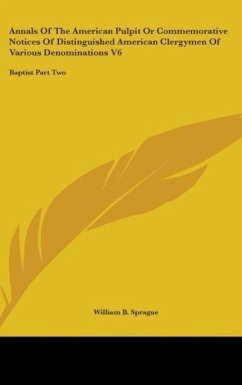When the Declaration of Independence was crafted, it revolutionized geo-political thought across the world. Yet it took many years to resolve centuries-old con¿icts of race, creed, and class. On the last day of December 1820, the ¿rst Catholic Bishop south of Baltimore stepped from a ship to his new home in Charleston, South Carolina. He had arrived from Cork, Ireland. He had scant resources and very few followers of the Catholic Faith to administer. Much changed over the following decades as Bishop John England became the most admired Catholic in America. When he died in 1842, bells rang out across the city in his honor. Yet no Catholic Church had bells. Nearly a century later, Bishop John England's biographer, himself a priest, emerged in the Holy City as a beacon for education, ethics, and the empathy of all citizens. Monsignor Joseph Lawrence "Doc" O'Brien began the ¿rst co-educational high school in Charleston emphasizing the pillars of profound spirituality, physical ¿tness, and scholastic enterprise. The Pennsylvania native came to a southern city still in decline since the Civil War and dedicated his life to rebuild the three virtues of Faith, Hope, and Love across a receptive audience. These two priests changed the interaction of faiths in the Diocese of Charleston and changed thousands of lives, as well. They are re-discovered in research and recorded warmly for what they achieved.
Hinweis: Dieser Artikel kann nur an eine deutsche Lieferadresse ausgeliefert werden.
Hinweis: Dieser Artikel kann nur an eine deutsche Lieferadresse ausgeliefert werden.

